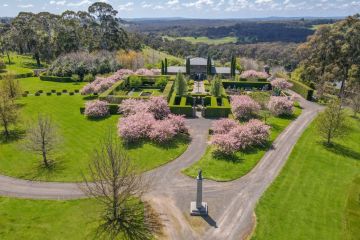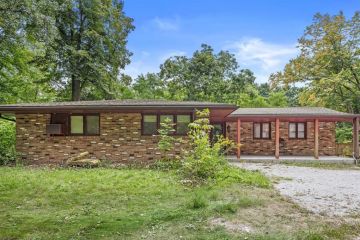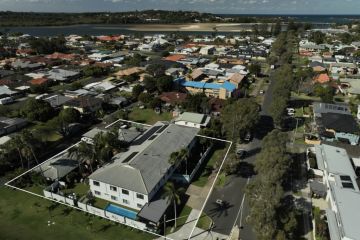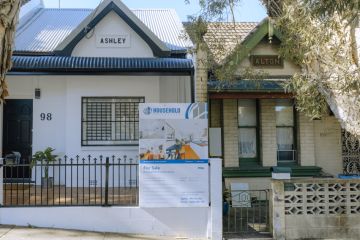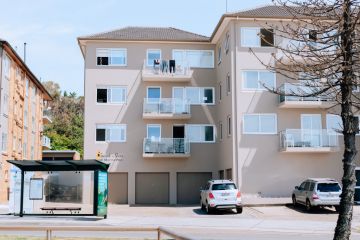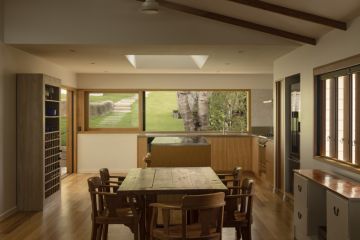The hottest luxury property market in the world is Auckland
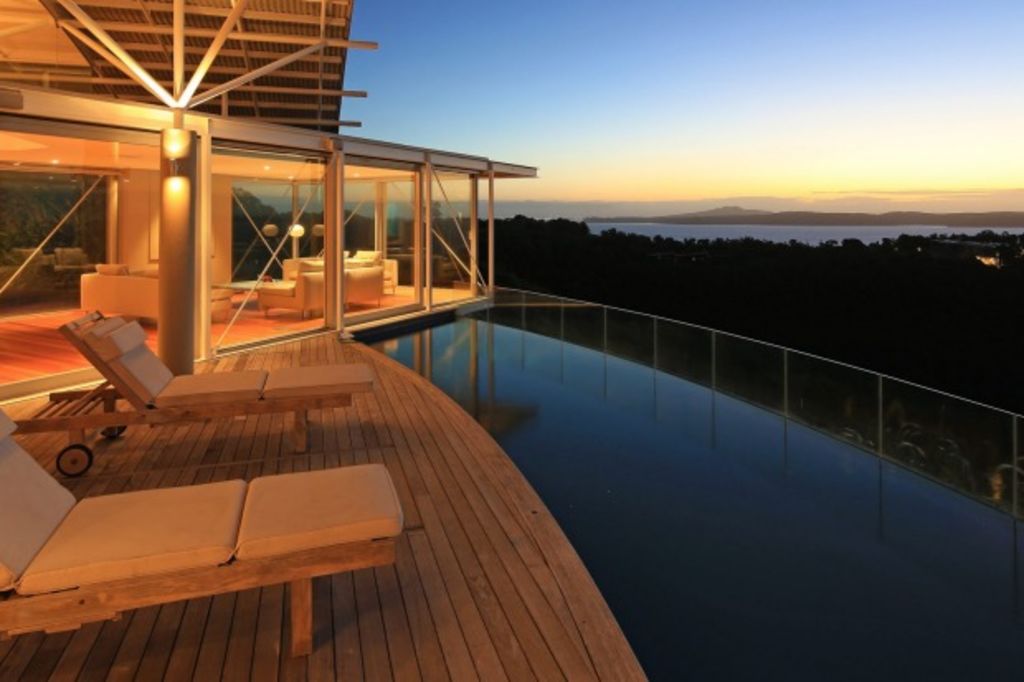
Put the champagne in the chilly bin, bro. Move over Australia, New Zealand has the hottest luxury real estate market in the world.
Melbourne and Sydney have rich pickings for prestige property, but across the ditch, Auckland is the fastest growing high-end market.
International demand has driven a 63 per cent growth in sales of $1 million-plus properties in Auckland, according to research by global network Christie’s International Real Estate.
Australia’s prestige property market is faltering, with listings drying up in Sydney and sales slowing in Melbourne’s blue ribbon belt.
But across the Tasman, a thriving economy and population growth have combined to propel Auckland into rare company among the world’s top cities for deluxe real estate.
Toronto in Canada, which topped the Christie’s list in 2015, was second this year with 48 per cent growth, followed by Victoria in Canada’s British Columbia, Valencia in Spain and San Francisco in the US. Sydney, the only Australian city in the top 10, was ranked ninth.
More people are moving to New Zealand from Australia for first time since 1991. Figures released by Statistics New Zealand revealed 25,273 people migrated to New Zealand in 2015, compared to 24,504 who went west to Australia.
However, Kiwis have not kept official records on how many foreigners are buying their properties.
Banks in New Zealand are generous with loans, real estate experts say, and the Kiwi dollar against Australian currency is strong.
With low interest rates, and no stamp duty, capital gains tax or land tax, the land of the long white cloud is increasingly tempting Aussie house hunters, a New Zealand mortgage broker said.
Broker Mary O’Brien, who works between Sydney and Auckland, said Queenstown and Auckland were the strongest markets for Aussie buyers.
“The expensive houses tend to be company transfers — I do a lot of company transfers,” Ms O’Brien said.
“Or they want a more relaxed lifestyle. But when it comes to property you can’t get much for $900,000 in Auckland.”
Ms O’Brien said the exclusive areas for real estate in Auckland are Takapuna, on the north shore, and seaside postcodes of Mission Bay and St Heliers.
Bank of New Zealand chief economist Tony Alexander estimates 6 per cent of New Zealand homes are bought by foreigners and Aussies likely account for a quarter of that.
He said house prices in Auckland were rocketing, across all stratas of the market, due to shortage of supply, limited construction and overall economic prosperity in the country’s largest city, where 40 per cent of the population were born abroad.
Mr Alexander said the prestige market rise was because of overall growth. The average price of a house in Auckland has lifted to between $800,000 and $900,000, which is about nine times the average household income, he said.
“Naturally you have a lot of high priced houses reflecting the overall average price listing,” Mr Alexander said.
“Personally, I would not buy into an argument that for some reason we have got a whole of people deciding, ‘I am not going to get a flat in Monaco or Acapulco, I am going to get myself a two- or three-bedroom house in Auckland’.”
Mr Alexander said Auckland’s population grew about 3 per cent last year, with a boost of 42,000 migrant residents.
“There has been an increase in Australians coming to New Zealand, but it is not the driving force,” he said.
“Kiwis are not leaving like we were before, because we are not going to get the high-paying mining jobs in Australia. We have, by estimates, 1 million people overseas who could come back tomorrow.
“Auckland is becoming a proper big city; it is no longer just 30 or 40 small towns that happen to be in one place, with small town thinking. It is becoming an internationalised city.”
Auckland-based agent Pat Regan, of agency Bayleys, said population growth had outpaced housing construction.
Mr Regan has listed a glamourous 3.8-hectare waterfront estate on Waiheke Island, a short ferry trip to central Auckland, for about $NZ5 million. In this elite area, properties sell for $2 million to $10 million, he said.
“There is a lot of money around – New Zealand is on a pretty good roll, on an economy aspect – and you look at that with all of the migrants and a lot of Kiwis coming home,” he said.
“The expat market combined with the immigration market, combined with baby boomers shifting, and the general shortage of real estate at all levels here is what is driving the market.”
We recommend
We thought you might like
States
Capital Cities
Capital Cities - Rentals
Popular Areas
Allhomes
More
